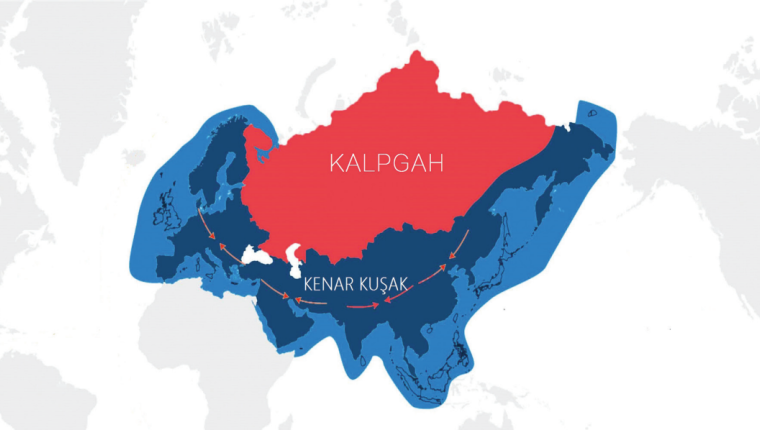
How to cite: Erenel, F. & Gedik, A. (2023). Is brain-dead NATO near euthanasia? BRIQ Belt & Road Initiative Quarterly, 4(3), 6-19.

This work is licensed under a
Creative Commons Attribution 4.0 International License.
Since its establishment in 1949, NATO has been a political and military international organization that constitutes one of the most important actors in the international system. Although the prestige and advantages of being a NATO member in a bipolar world have been questioned from time to time after the collapse of the Eastern Bloc, the Alliance has continued to sustain itself and, especially in the 2000s, has tended to expand. The acceleration of NATO’s development and change after the collapse of the Union of Soviet Socialist Republics (USSR) suggests that the focus of this international organization is not only on the Eastern Bloc but also on the need to organize for other current and future focal points. Those who argue to the contrary suggest that in the aftermath of the dissolution of the USSR, which was the focal point of NATO, and in an international system moving between unipolarity and multipolarity, the existence and purpose of the organization has become meaningless. The structure of NATO has been criticised due to factors such as the criticism of NATO’s mission to protect Europe within the European Union (EU), especially in France, and the desire of the member states of the Union to take part in the mission to protect Europe themselves. Within the scope of this analysis, NATO’s actions and its position in the face of crises, especially in the 2000s, will be examined, and how the reflections of its actions in the face of these political and military crises shed light on the future of the organization will be discussed. In this context, issues such as what the Alliance countries, especially in Europe, expect from NATO in the face of the recent crises will be analysed.
Keywords: Defence, deterrence, NATO, power, war
